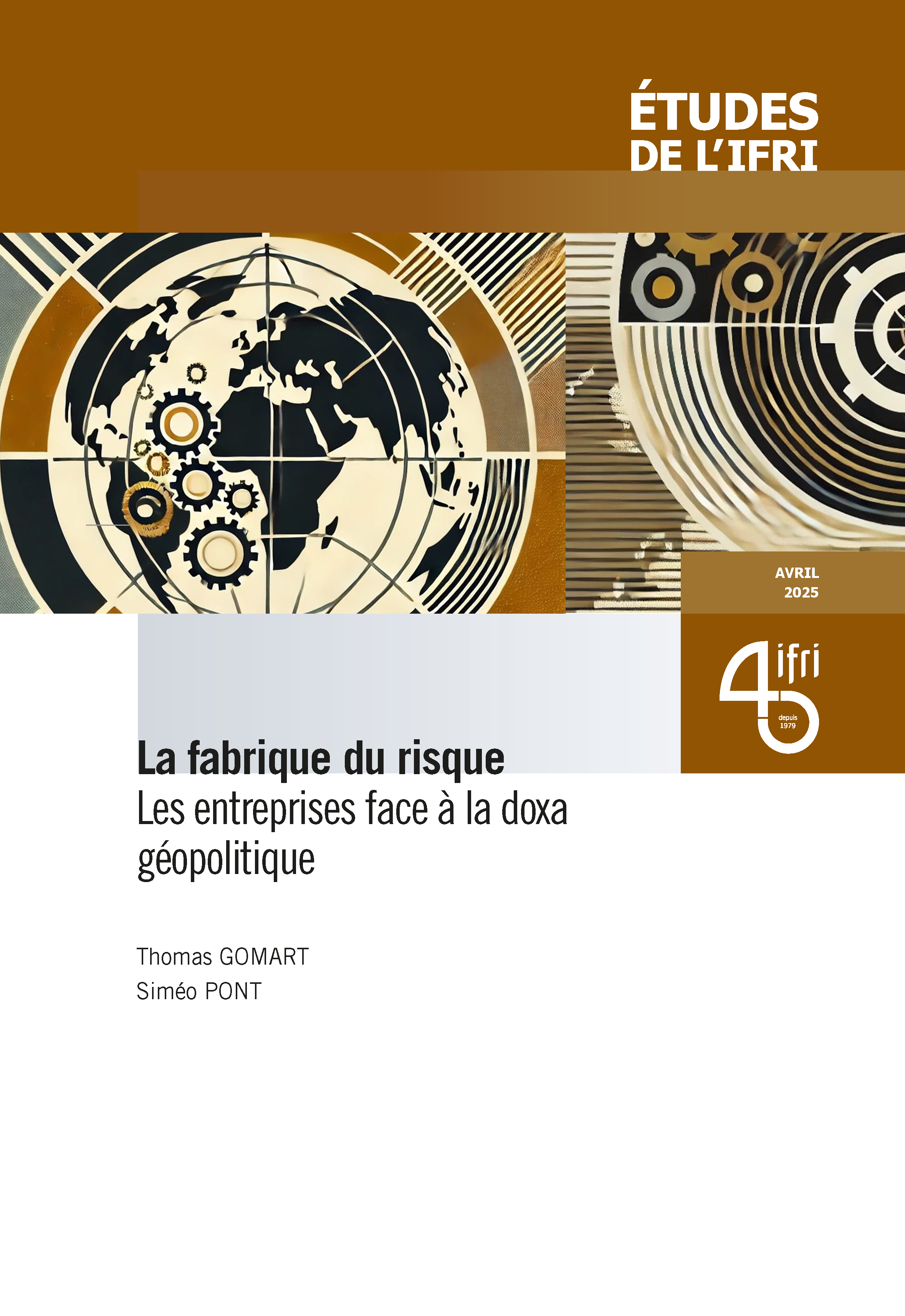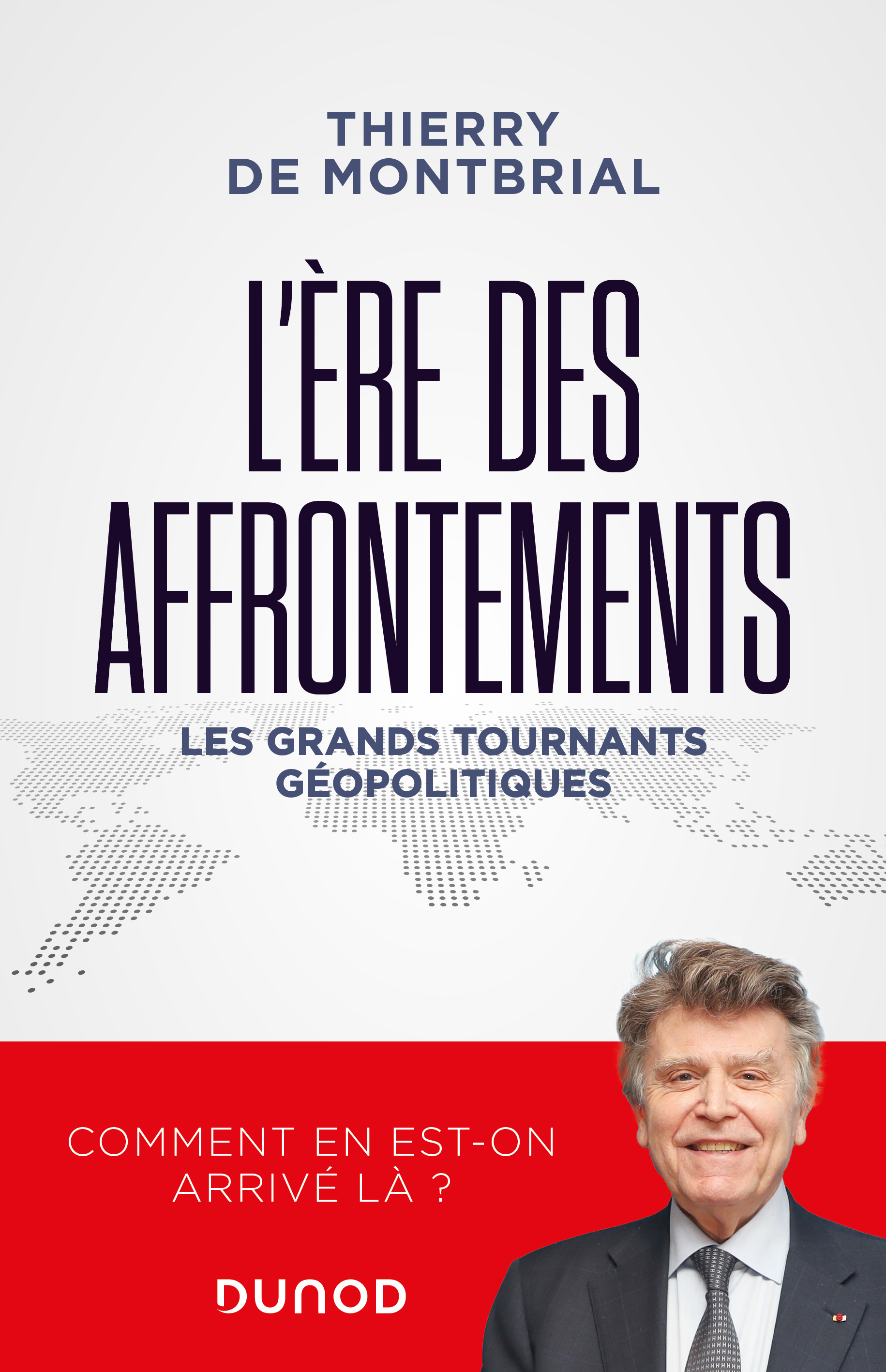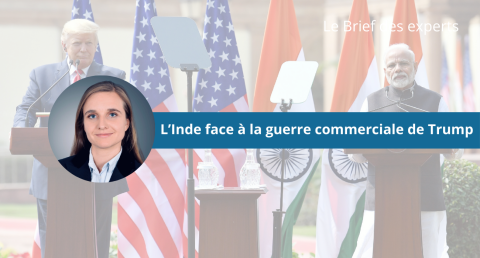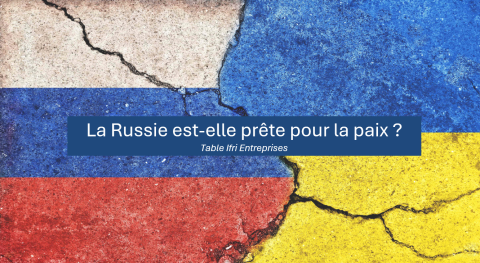
Informations pratiques
Thématiques et régions
Centres et programmes liés
Ceci est un événement réservé.
En savoir plus sur nos programmes de soutienSeminar of the Center for Energy with Jean-Pierre Favennec, Professor, IFP Énergies nouvelles, Consultant, WD Cooperation and Fair Links, David Ramin Jalilvand, Research Fellow, Center for Caspian Region Studies, Freïe Universität Berlin, Majid Rafizadeh, President ot the International American Council, on the Middle East, Harvard University, Jamie Webster, Senior Director, IHS, Maïté de Boncourt, Research Fellow, Center for Energy, Ifri
Chaired by Marie-Claire Aoun, Director, Centre for Energy, Ifri
Iran holds the world's second largest proven gas reserves and fourth largest proven oil reserves. The country’s presence on global energy markets started diminishing following the 1979 revolution, and reduced further after US and EU sanctions were put on its energy and related (financial and insurance) sectors, due to Iran’s nuclear activities and the inherent risk of proliferation. Sanctions have been damaging, but they are not the only cause of the country's bumpy oil and gas production and export development path. Major domestic reforms are needed for the country to recover its role on global markets, but also to sustain its economy. As talks on Iran’s nuclear program are resumed, and should they lead to an international agreement, the path to regional and global energy markets may take longer than it first appears.
This conference will touch on different aspects of Iran's situation, looking at the current conditions and the prospects for further development of the oil and gas sectors, as well as the inherent domestic politics and geopolitical challenges which will first need to be overcome
Sujets liés
Autres événements

Le retour de la « grande coalition » – quel leadership allemand dans un monde incertain ?
Le nouveau gouvernement allemand, une « grande coalition » probablement dirigée par Friedrich Merz, va devoir faire face à un environnement international complexe, marqué notamment par un bouleversement des relations transatlantiques. Les attaques de l’administration Trump à l’égard des alliés traditionnels des Etats-Unis, le rapprochement entre Washington et Moscou, ainsi que les incertitudes qui pèsent sur le futur de l’OTAN, ébranlent les paradigmes de la politique étrangère allemande.
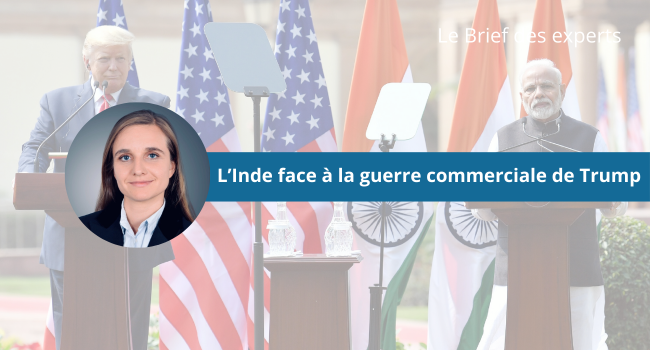
L’Inde face à la guerre commerciale de Trump
Un brief de 30 minutes autour de Sylvia Malinbaum, chercheuse, responsable de la recherche sur l'Inde et l'Asie du Sud au Centre Asie de l'Ifri.
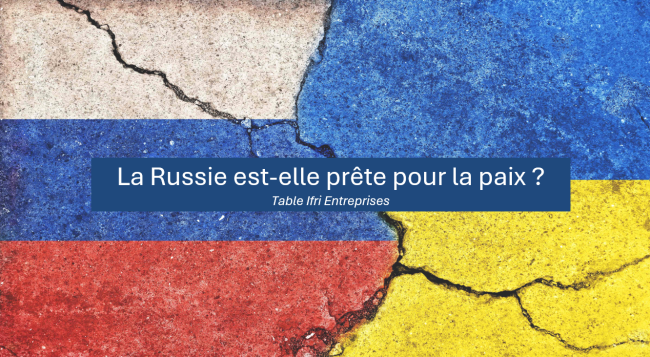
La Russie est-elle prête pour la paix ?
Depuis plus de trois ans, la Russie mène une guerre de haute intensité contre l’Ukraine, qui bénéfice du soutien politique, militaire et financier de l’Occident.


